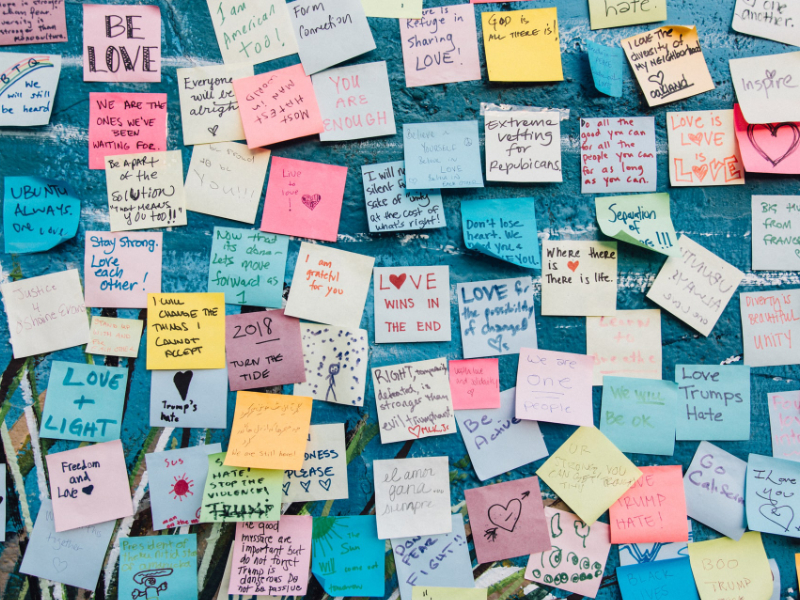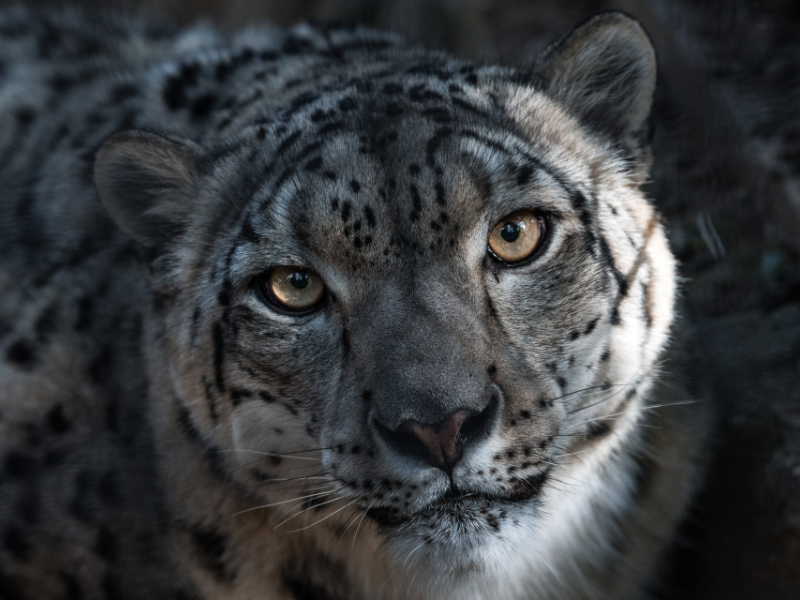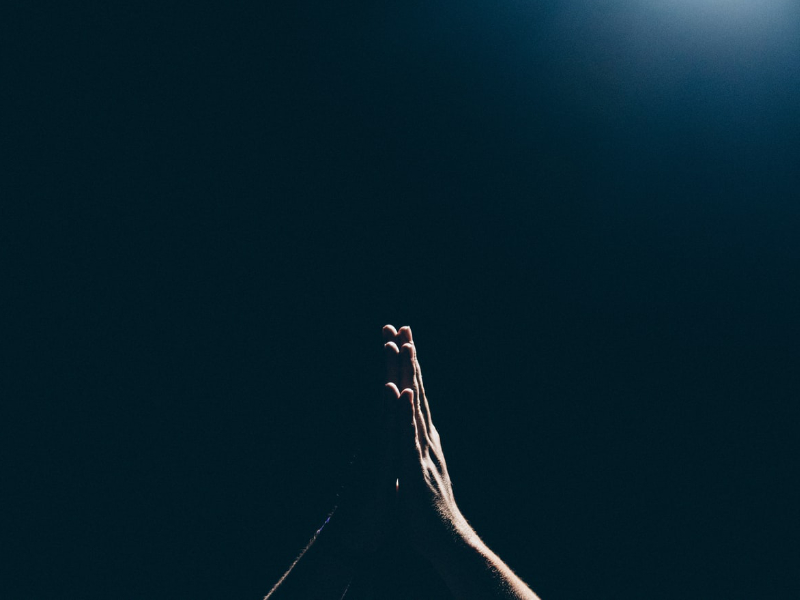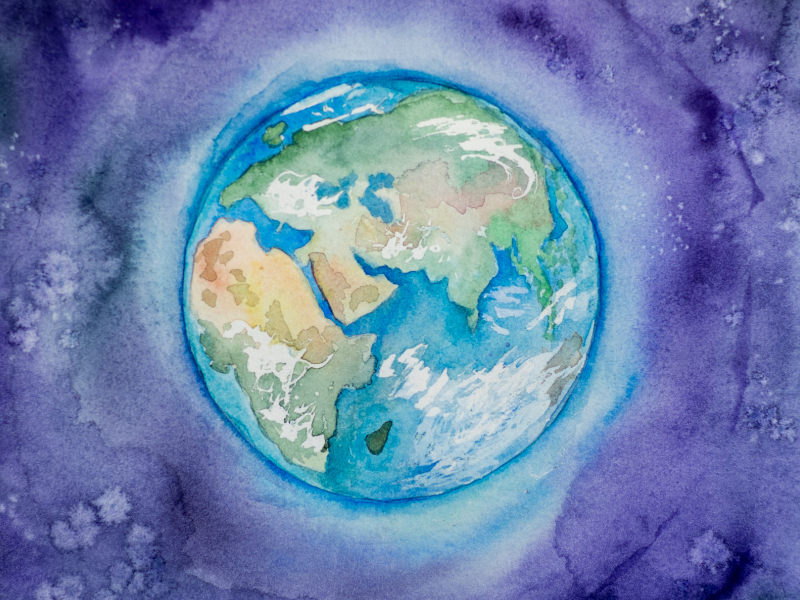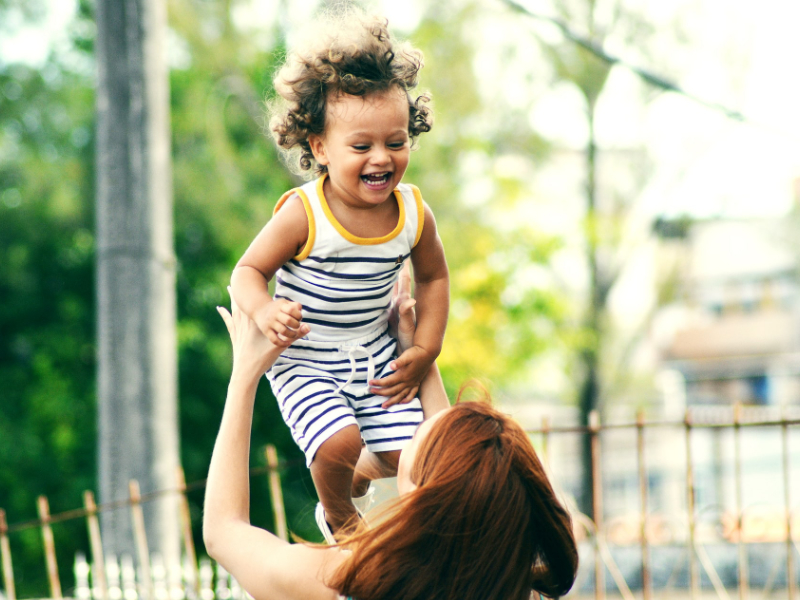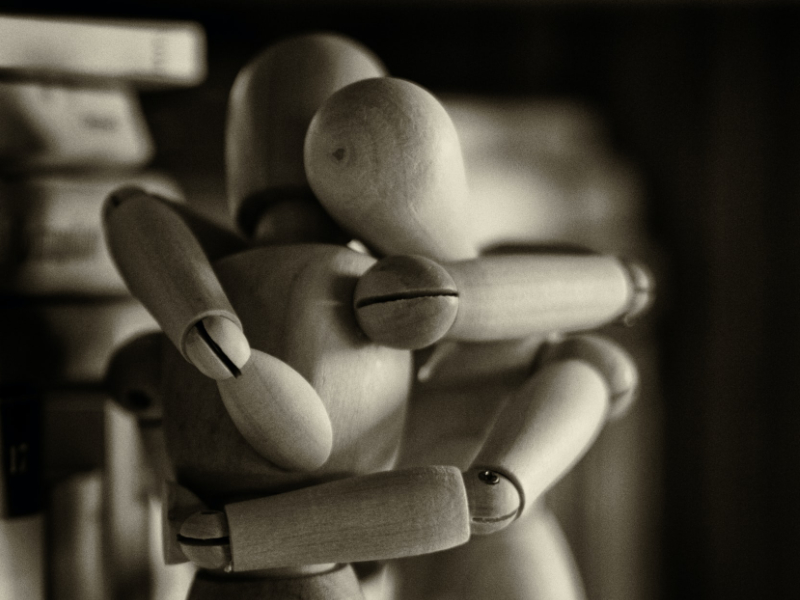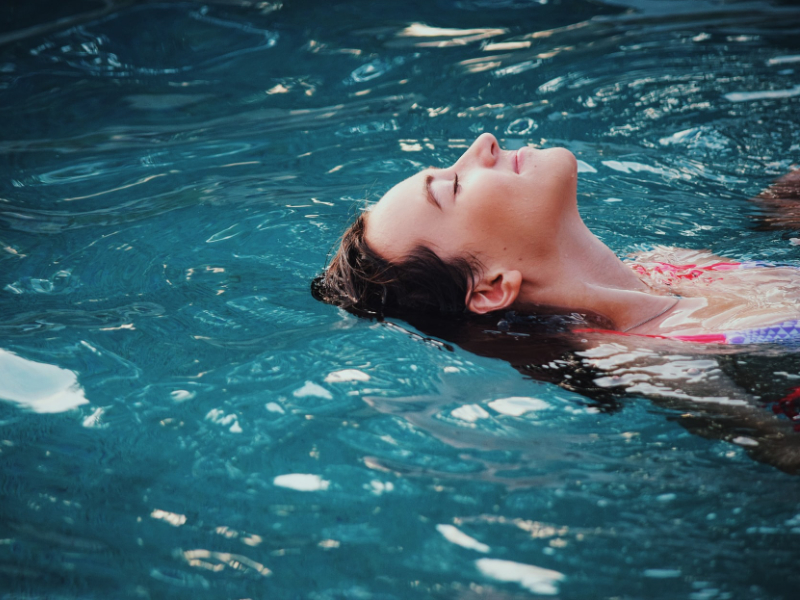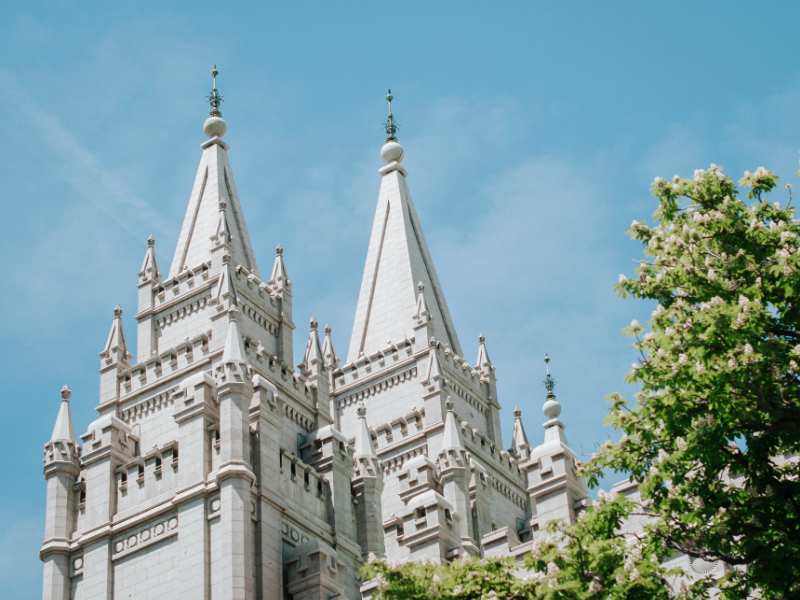Death Contemplation
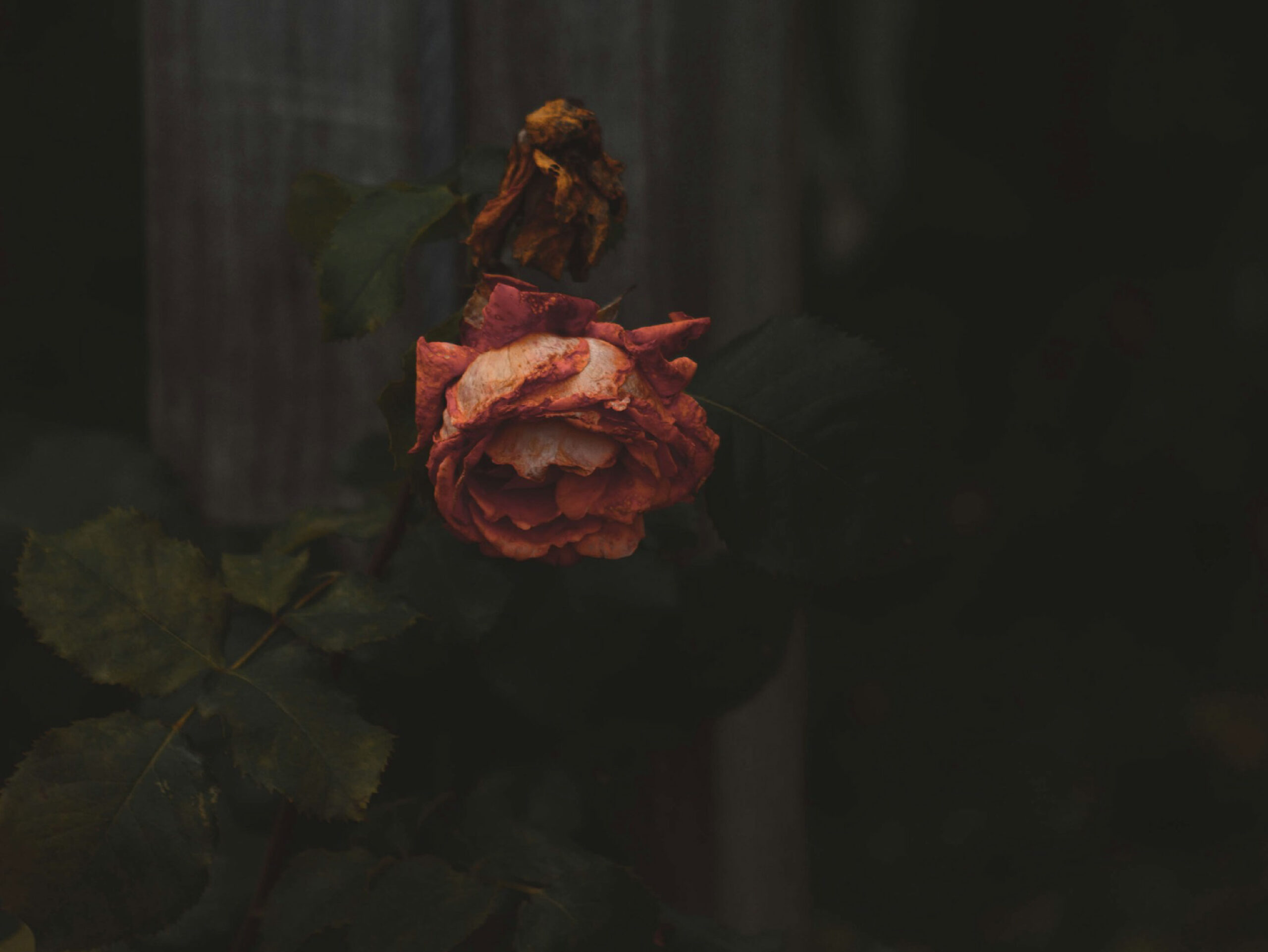
Let’s begin today at the end — with death. Humans are unique among the earth’s creatures in that we are aware of the reality of death. Quite early in life, we learn that we ourselves and everyone we love must one day die. And then we are forced to lug this knowledge around everywhere we go. Even if it’s not at the center of our awareness, even if we do our best to run and hide from this truth, it looms in the shadows, affecting our thoughts and behaviors. It affects our entire lives.
How we hold and relate to the reality of death and our own mortality may very well be considered the crux of spiritual life. The Buddha himself was moved to spiritual life and to his own awakening by the reality of death. Upon leaving the comfort of his castle as a young prince, he came face-to-face with our human mortality — he saw people that had fallen ill, grown old and withered; and who had died. He saw human corpses, lifeless, in the streets of his kingdom.
These encounters provoked deep questions in the Buddha. He wanted to understand this fragile human existence. What does it mean to be mortal? To be vulnerable? To live with uncertainty and constant change? How do we reconcile life and death? How does one live knowing that our future is to get sick, age, and die; to decay, rot, and return to the earth?
Whine, pout, protest, grieve, wish for it to be otherwise all you want. But it won’t change reality, it won’t change the fact of your all too vulnerable and mortal existence. You can’t just decide not to die. You can’t just say no to sickness, you can’t avoid the suffering of heartache and physical pain. You can’t live with pleasant feelings alone, without trials and hardships, without loss, grief, sorrow, and lamentation.
I mean, you can try. But try all you want and you’ll quickly discover that you have no control over the way life is. You have no control over your outer circumstances, you have no control over your environment. In fact, you don’t even have control over your inner world, over the inner conditions of life.
The reality is you will experience the full range of human feelings and emotions. Sometimes you’ll feel sad, angry, lustful, confused, doubtful, apathetic, sluggish, or restless and at other times you will feel at ease, happy, joyful, courageous, interested, peaceful, compassionate, or full of love and reverence. The mind, just like the outer world, is constantly in flux, moving from one thought, impression, image, feeling, or emotion to the next. And if you look closely, you’ll see that you are not producing any of it. It’s all simply arising and being known all on its own and in its own place.
You are on a ride right now, the rollercoaster of life. And you don’t know what joys or sorrows, what fear or excitement, it will bring. You don’t know what’s around the next corner. And you’ll be on this ride as long as you will. You don’t know when it will end. But you can be sure that someday it will. Someday, maybe even today, maybe even before you finish this episode, you will die and lose everything you hold dear. Or maybe you will live long enough to watch everyone around you get sick, die, and return to the earth, and then you’ll die. Either way, you must give up everything.
What, then, are we to make of this? Given this reality, given your nature, how will you orient yourself? What posture will you take toward life? How will you hold and relate to the world and to other people? How will you hold and relate to experience?
Contemplating the fragility and shortness of life provides us with a new way to view life. It can shape the quality and character of our attention. Understanding, not just conceptually or theoretically but really knowing deep in our bones, that we can fall ill or die at any moment, can bring a real clarity and energy to the present.
As the philosopher and neuroscientist Sam Harris says, “This is your life. The only one you’ve got. And you will never get this moment back again. And you don’t know how many more moments you have. No matter how many times you do something, there will come a day when you do it for the last time. You’ve had a thousand chances to tell the people closest to you that you love them in a way that they feel it and in a way that you feel it. And you’ve missed most of them. And you don’t know how many more you’re going to get. You’ve got this next interaction with another human being to make the world a marginally better place. You’ve got this one opportunity to fall in love with existence. So, why not relax and enjoy your life. Really relax. Even in the midst of struggle. Even while doing hard work.”
Holding an acute awareness of death is a powerful doorway into life, into its preciousness, into its magic and majesty, into its awe and deep mystery. Without an awareness of death, we tend to take our lives for granted, as if we’ll just keep on living forever. And so we just keep getting lost in trivial pursuits, endless and ultimately unsatisfying pursuits of self-gratification and -gain.
But when we keep death close, we tend to stay focused on who and what really matters. We stay pointed at our deepest aims, without holding onto them too tightly. We put real care into our intentions and actions, but without taking ourselves or our situation too seriously. We learn to hold the things we love with an open hand, which allows us to let go more easily and to love more freely, unconditionally. When we reflect on death, we can come to understand that all of us are in this together, and so we tend to be kinder and gentler to one another.
“The confrontation with death — and the reprieve from it — makes everything look so precious, so sacred, so beautiful, that I feel more strongly than ever the impulse to love it, to embrace, and to let myself be overwhelmed by it. My river has never looked so beautiful. Death and its ever-present possibility makes love, passionate love, more possible.” — Abraham Maslow
Meditation is Walking the Path to the Deathless
Where can we seek happiness and peace, a happiness and peace that are not dependent on certain physical or mental conditions?
It’s common to believe that happiness is possible only when things are a certain way — when we get the job or the house or the car we want, when we have the perfect partner, when the weather is not too hot or too cold, when we’re in good health, when we get to heaven or eternal paradise in some future life or even here on earth, or whatever. But when we view the world this way, our “happiness” becomes very fragile and unstable.
Irrespective of changing conditions, though, I would make the subjectively empirical claim that you have an ability to feel at home in your body and in your life, that you have an ability to be kind, compassionate, and loving to yourself and your experience, that you have an ability to have a sense of fulfillment and satisfaction, that you can be at peace, right here, right now, no matter the conditions.
Discovering this capacity in ourselves is the process of meditation. When we meditate, we can learn to die before we are buried in the earth so that when we do die, we won’t rot, as the saying goes. Meditation, and the spiritual journey in general, is the process of letting go, it is walking the path to the deathless. It is recognizing clearly in each moment, the selfless, interconnected, ever-changing nature of experience. It is recognizing that awareness is always already okay.
“Those who are heedful or mindful are on the path to the deathless. Those who are heedless, those who are mindless, are as if dead already.” — The Buddha
John Driggs | Meditation Teacher & Founder of The Space of Possibility Podcast, Blog, & Retreat Center | Explore & Expand the Space of Possibility that You are!
“Death is nothing to us. When we exist, death is not; and when death exists, we are not. All sensation and consciousness ends with death and therefore in death there is neither pleasure nor pain. The fear of death arises from the belief that in death, there is awareness.” — Epicurus
More Articles
“My Night With Love”
“Let’s fly paper airplane’s on top of the cabinets. They can be love letters for the next owners to find – a kind of time capsule,” Love said with those trenchant eyes that reach to the depths of your soul…
“My Snow Leopard Angel”
Everyone needs a friend like my Snow Leopard Guardian Angel — a bright light, a beacon, a North Star, a teacher, a wise counselor, a polished mirror to see your own reflection.
“The Divine Connection”
You don’t need to search far and wide for the Divine connection. It’s that without beginning or end. See and feel – know directly – the love that both surrounds you and fills you. Know the Love that is you…
“Cultivating Loving Attention”
How many of your words and actions are reactive & automatic? How many are reflective and intentional? What would it be like, what would it feel like, to intentionally love yourself, others, and the world?
“The Current of Stillness”
She moves in Her Stillness | Understands in Her Wholeness | Creates endless though Formless | And embraces the Boundless | She gives freely Her Charity | Paints marvelously Her Beauty…
“By Way of Introduction”
It’s spring in Salt Lake City. I’ve been writing at my desk all day and my back’s painfully aware. I glance out the window and see that the morning’s storm has washed out the pollution and left a soft blue sky…

